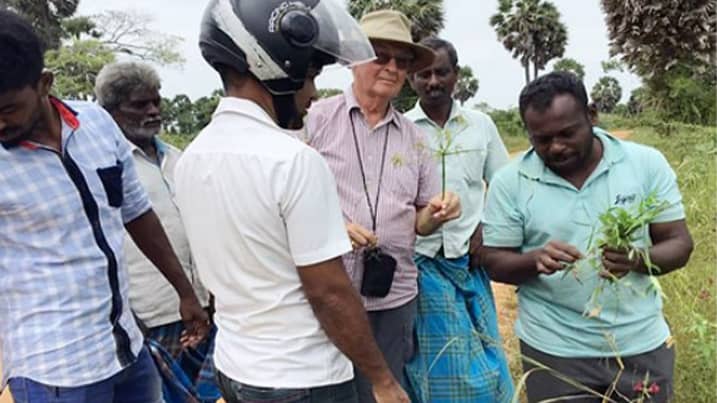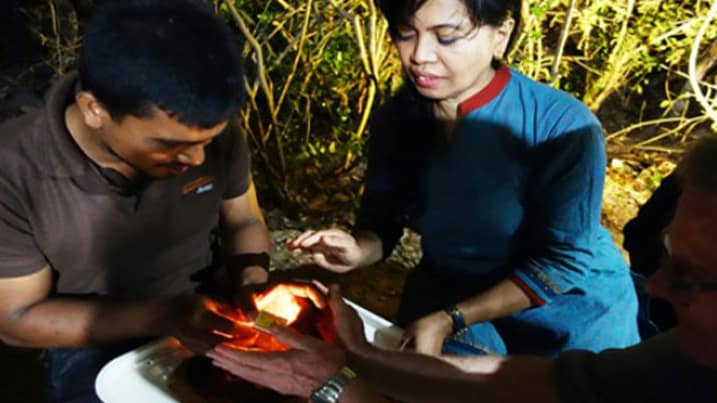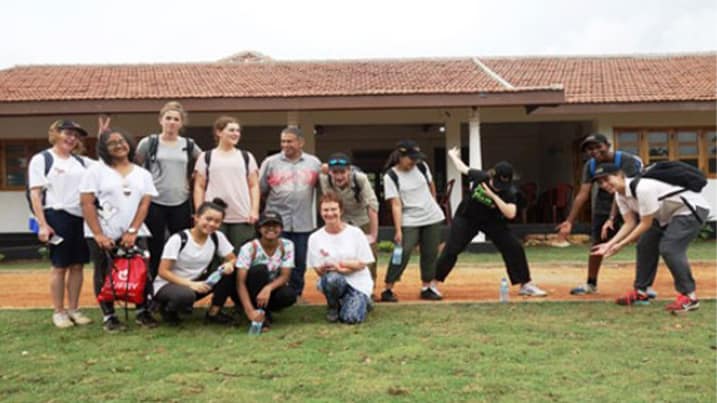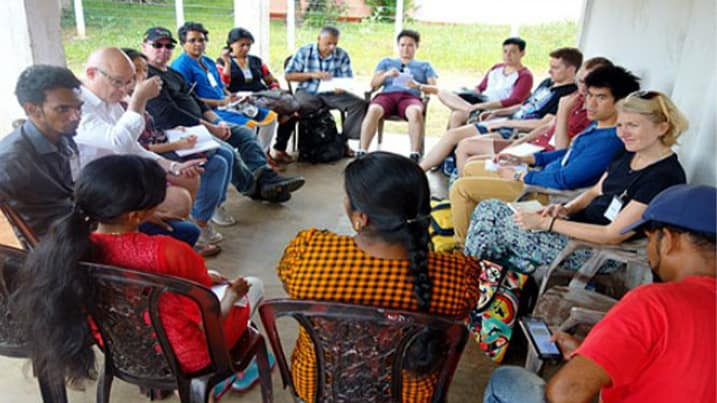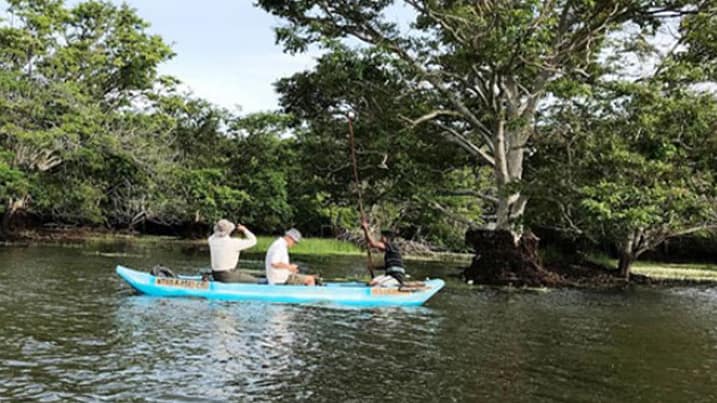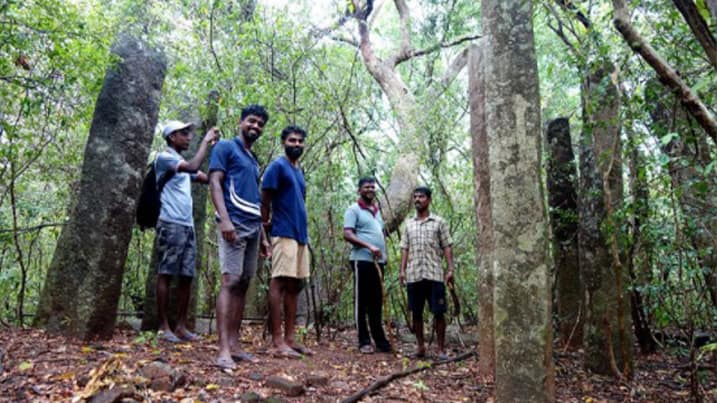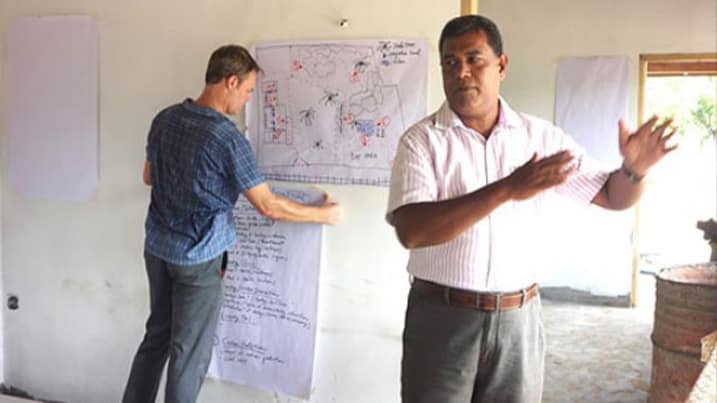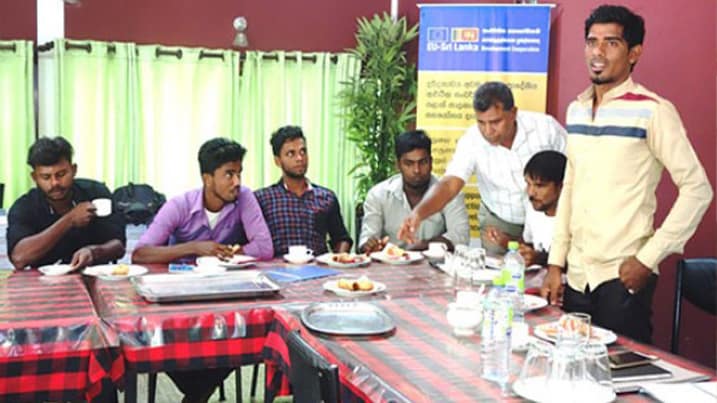Responsible Tourism
Tourism to the North of Sri Lanka is just getting going. A primary goal of Bridging Lanka is to learn from the mistakes elsewhere of tourism ‘at any cost’ and to pursue an ethically driven model. Its roll out will ensure tourism operators, their products and services will be founded on respectful global connectedness, minimising negative environmental and social impacts, increasing economic benefit, showcasing local culture and heritage and most importantly providing a meaningful and enjoyable experience for tourists.
Unlike the average tourist who may stay in Mannar for one or a maximum of two days, our tourists stay for between one week and six months. Each day they spend locally and thus stimulate a sluggish local economy. In our quest to establish Mannar District as an alternative and attractive tourist destination, we are experimenting with new and different options. Our model of tourism focuses on five major areas of interest:
- Home
- Responsible Tourism

